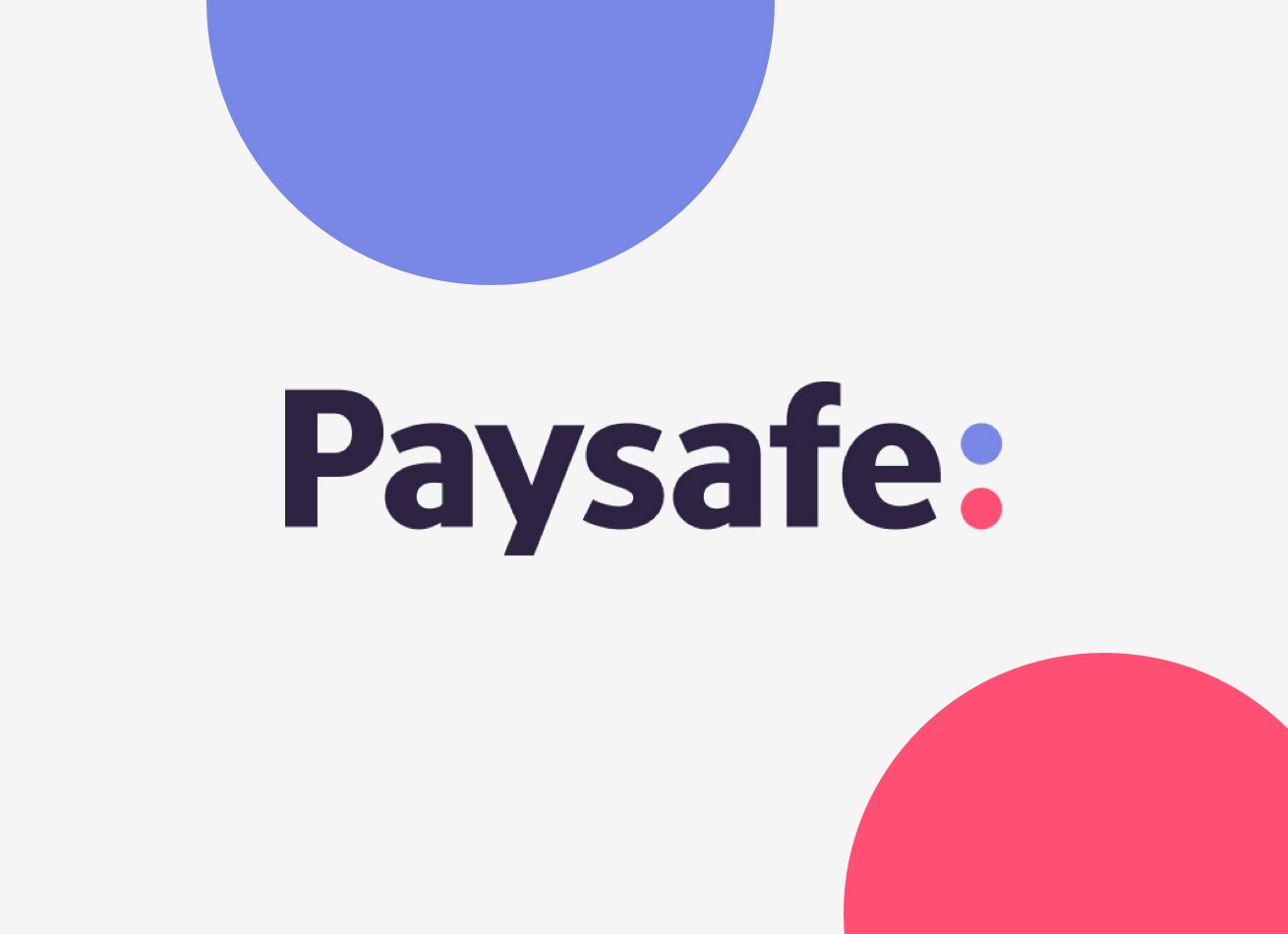Native App Development: Maximizing Mobile Potential
In the dynamic landscape of mobile app development, choosing the right approach can significantly impact an app’s success. Native app development, which involves building apps specifically for a particular operating system (like iOS or Android), offers numerous advantages that often outweigh those of cross-platform or hybrid alternatives. Let’s delve into the key benefits that make native app development a compelling choice for businesses and developers seeking to deliver exceptional mobile experiences.
1. Enhanced Performance and Speed:
Native apps are built using the platform’s native programming languages (Swift for iOS and Java/Kotlin for Android) and frameworks, allowing them to leverage the device’s hardware and software capabilities fully. This results in superior performance, faster load times, smoother animations, and a more responsive user experience. Native apps can handle complex computations, graphics-intensive tasks, and real-time interactions with ease, providing a seamless and enjoyable experience for users.
2. Seamless User Experience (UX) and User Interface (UI):
Native apps adhere to the platform-specific design guidelines and conventions, resulting in a consistent and intuitive user interface. Users are already familiar with the platform’s navigation patterns, gestures, and visual elements, making the app feel natural and easy to use. This familiarity reduces the learning curve and enhances user satisfaction. Native UI elements also tend to be more responsive and visually appealing, contributing to a polished and professional look.
3. Access to the Full Range of Device Features:
Native apps have unrestricted access to the device’s full range of features, including the camera, GPS, microphone, accelerometer, gyroscope, and other sensors. This allows developers to create apps that leverage these features seamlessly, delivering richer and more immersive experiences. For example, a native app can integrate with the device’s camera to provide high-quality image capture or utilize the GPS for location-based services.
4. Enhanced Security:
Native apps benefit from the robust security features built into the operating system. They can leverage sandboxing, encryption, and other security mechanisms to protect sensitive user data. Additionally, native apps are less vulnerable to security breaches compared to hybrid or web-based apps, as they don’t rely on third-party frameworks or plugins that could potentially introduce vulnerabilities.
5. Better Offline Functionality:
Native apps can be designed to work seamlessly offline, providing a smooth user experience even when there’s no internet connectivity. This is particularly important for apps that require data access or functionality when the user is on the go or in areas with limited network coverage. Native apps can store data locally, cache information, and synchronize with the server when a connection is available.
6. Smoother Integration with App Store and Play Store:
Native apps are typically easier to publish and maintain on app stores. They adhere to the platform’s specific guidelines and requirements, ensuring a smoother review and approval process. Additionally, native apps are more likely to be featured in app store searches and recommendations, increasing their visibility and potential downloads.
7. Long-Term Maintainability and Scalability:
Native apps are generally easier to maintain and update in the long run. Since they are built on a stable foundation of platform-specific technologies, they are less likely to be affected by changes in third-party frameworks or libraries. This allows developers to focus on adding new features, fixing bugs, and enhancing the app’s performance without worrying about compatibility issues.
Conclusion
While native app development may require a higher initial investment compared to cross-platform alternatives, the long-term benefits in terms of performance, user experience, security, and maintainability often outweigh the costs. For businesses and developers seeking to create high-quality, reliable, and user-friendly mobile apps, native development remains a compelling choice. By harnessing the full potential of the platform’s native capabilities and adhering to best practices, you can deliver exceptional mobile experiences that resonate with users and drive business success.




























